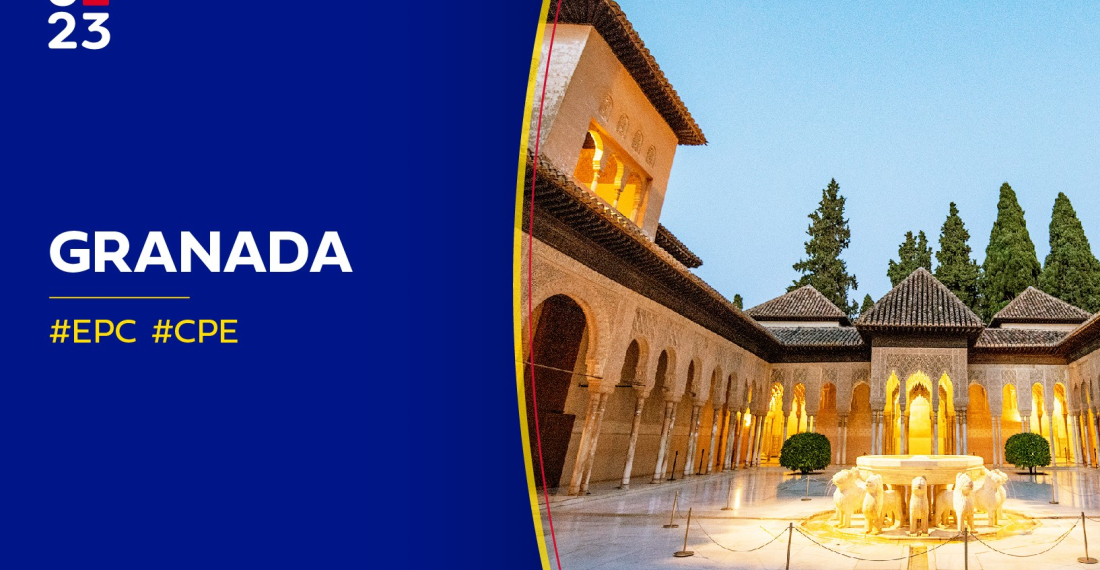For weeks, expectations were built up that a summit between the leaders of Armenia and Azerbaijan, hosted by European Council president, Charles Michel, French President Emanuel Macron and German Chancellor, Olaf Scholz, scheduled on the margins of the meeting of the European Political Community in Granada, Spain on 5 October, will give a stimulus to the Armenia-Azerbaijan peace process.
Just a day before, however, Azerbaijan announced that President Ilham Aliyev will not attend. What could have been agreed in Granada?
Speaking in the Armenian parliament on 4 October, Armenian Prime Minister Nikol Pashinyan outlined the points of a document that he said he had hoped could have been signed in Granada the next day had the Azerbaijani leader not cancelled his visit, but which he still felt could be signed at an opportune moment.
Pashinyan said
“There are three principles, if Azerbaijan agrees with them, then a peace agreement with Azerbaijan will be signed. There is no need to provide assessments in the current circumstances, because those statements, regardless of how objective or subjective there are, will have a certain impact on the situation. I believe today it is important that the peace process continues and continues based on several fundamental principles. There is nothing new in those principles, everyone knows what they are. Those principles are stated in the statement of the President of the European Council of July 15, after the meeting of July 15 [in Brussels].
These principles are
1. Armenia and Azerbaijan recognize each other’s territorial integrity, based on the understanding that Armenia's territory is 29800 square km while Azerbaijan's territory is 86600 square km;
2. The Alma Ata declaration should be the political basis for border delimitation and later demarcation. It is important that before delimitation is made, agreement is reached on which maps delimitation and demarcation will be based on. This should be implemented based on the maps of 1975, but in principle, we may be flexible on this;
3. Restoration of communications of the region should take place based on the principles of sovereignty, laws, equality, and reciprocity of the countries.
If Azerbaijan publicly re-confirms its acceptance of those principles we may consider that the signature of peace agreement will take place within a short period of time. The problem is, that Azerbaijani high-level officials say that they agree to the peace process, but they have not re-confirmed their support to those principles, and this creates doubts, that when they say peace they understand it after realization of their some presumed territorial demands from Armenia. If they re-confirm their loyalty to those three principles, then we may consider that peace is reached in practice.”
source: commonspace.eu with agencies
photo: Nikol Pashinyan






